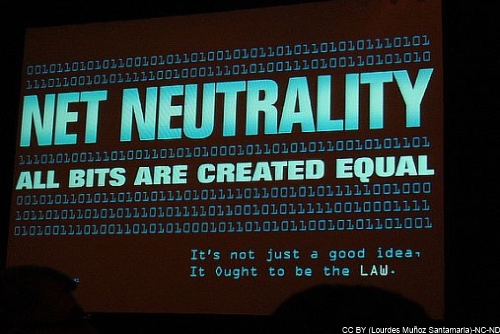Conflicting points in the discussion on net neutrality in Argentina
by Digital Rights LAC on September 30, 2014
The Argentine Senate renewed the discussion on net neutrality from a project being questioned at several points, by specialists and digital rights activists.
By Eleonora Rabinovich, ADC*.
On last September 17th the Commissions of Systems, Media and Freedom of Expression, Justice and Criminal Matters and Rights and Guarantees held a plenary meeting to hear different perspectives on some of the points at issue. Last year, the committee Systems, Media and Communication had already organized a series of meetings which convened academics, civil society and private sector representatives.
The strongest argument revolved around some articles of the initiative, where opinions diverged. First, experts and civil society questioned the inclusion of vague and ambiguous language, establishing terms such as “arbitrary” for setting bans. “Indeed, it is considered that this is a vague term that can be interpreted in different ways: while some of them can safeguard the principle of neutrality, other interpretations could not do it,” said the Association for Civil Rights (ADC) .
They also questioned the qualification of “content, applications, services and protocols” as legal or illegal, since the project says nothing about which public authority would be entitled to declare the legality or illegality. From civil society it was argued that this feature of the project creates a risk that internet service providers (ISPs) become those who deem such legality or illegality, which has the potential to seriously affect the rights of users.
“Who determines what content is legal? And once determined, who is responsible for checking it and how? Because the only way to do this is by inspecting the contents of the datagram (“packages”)”, warned the Via Libre Foundation in a note sent to the Senate. In any case, they warned, the authority that could signal the legality of content should be the court, on the basis of the standards of human rights to due process and freedom of expression. These two points, however, were defended by representatives of the Argentina Association of Societies of Authors and Performers.
Another criticism – indicated by, for example, Argentina Internet Camera (CABASE) pointed to the regulation of “special services”: through this concept can be adopted trade policy measures affecting the principle of neutrality and competition. Undoubtedly, a key to the future of the Internet in Argentina discussion.
:::
*Eleonora Rabinovich, Deputy Director at the Association for Civil Rights (ADC).






